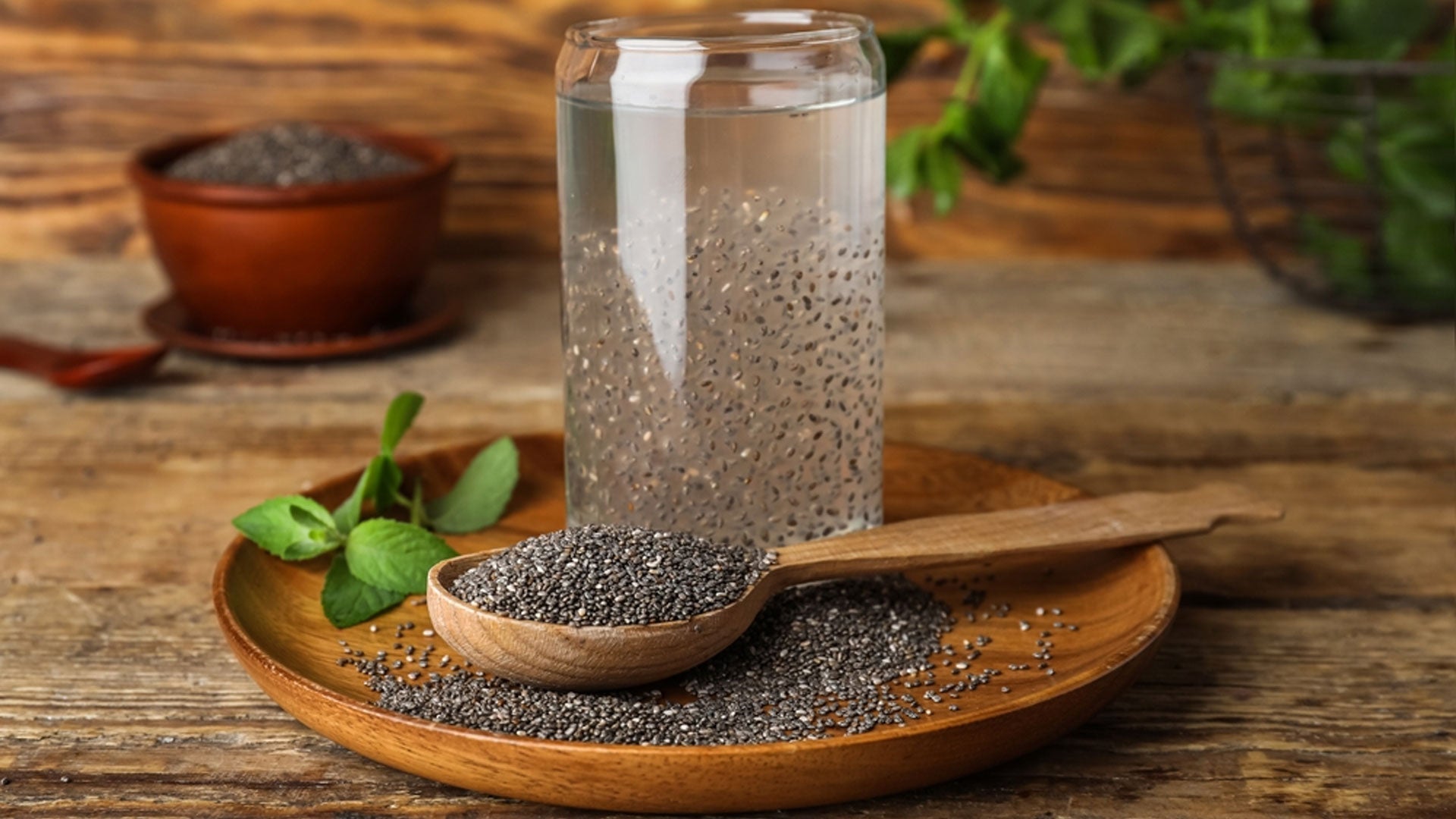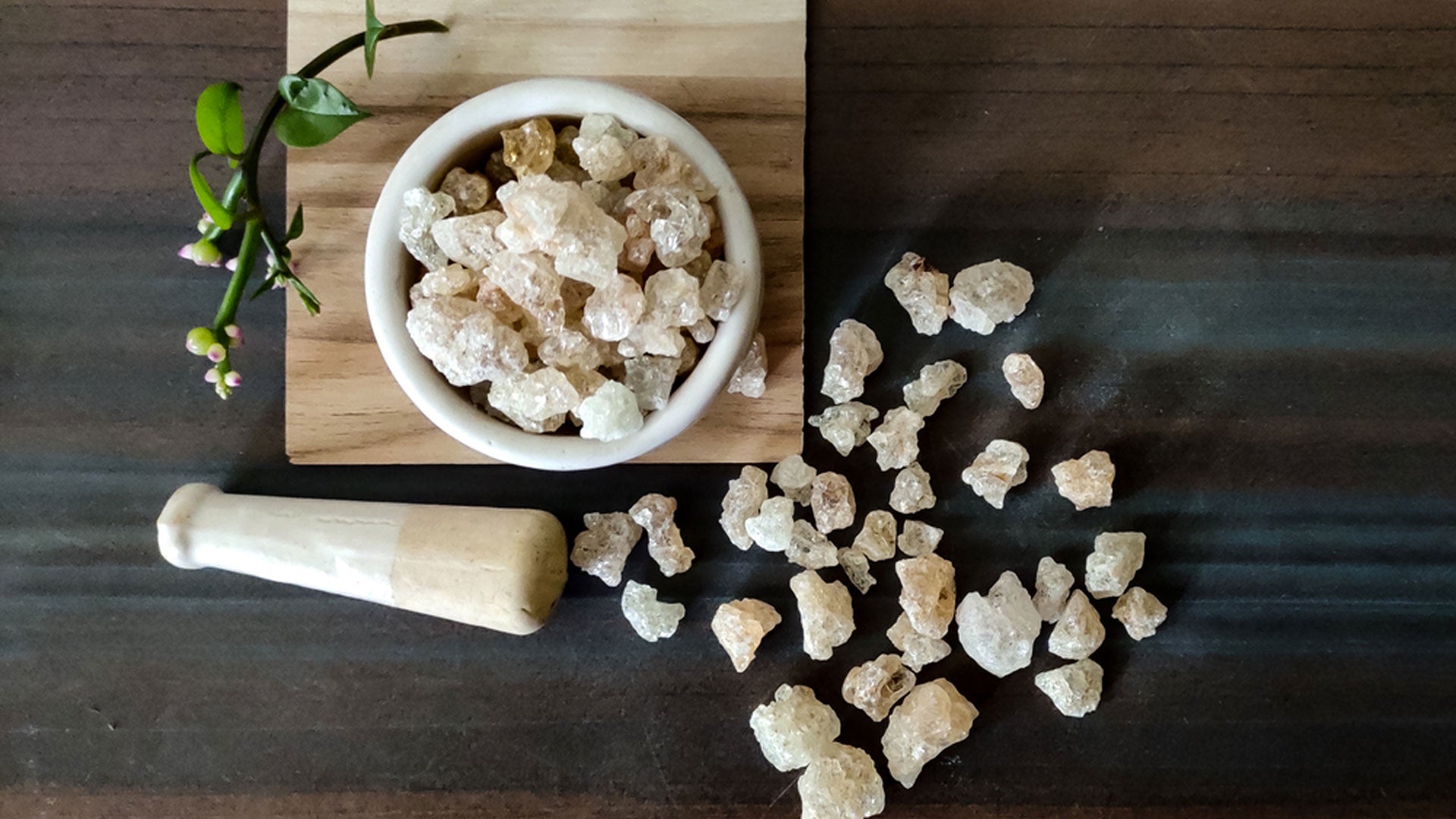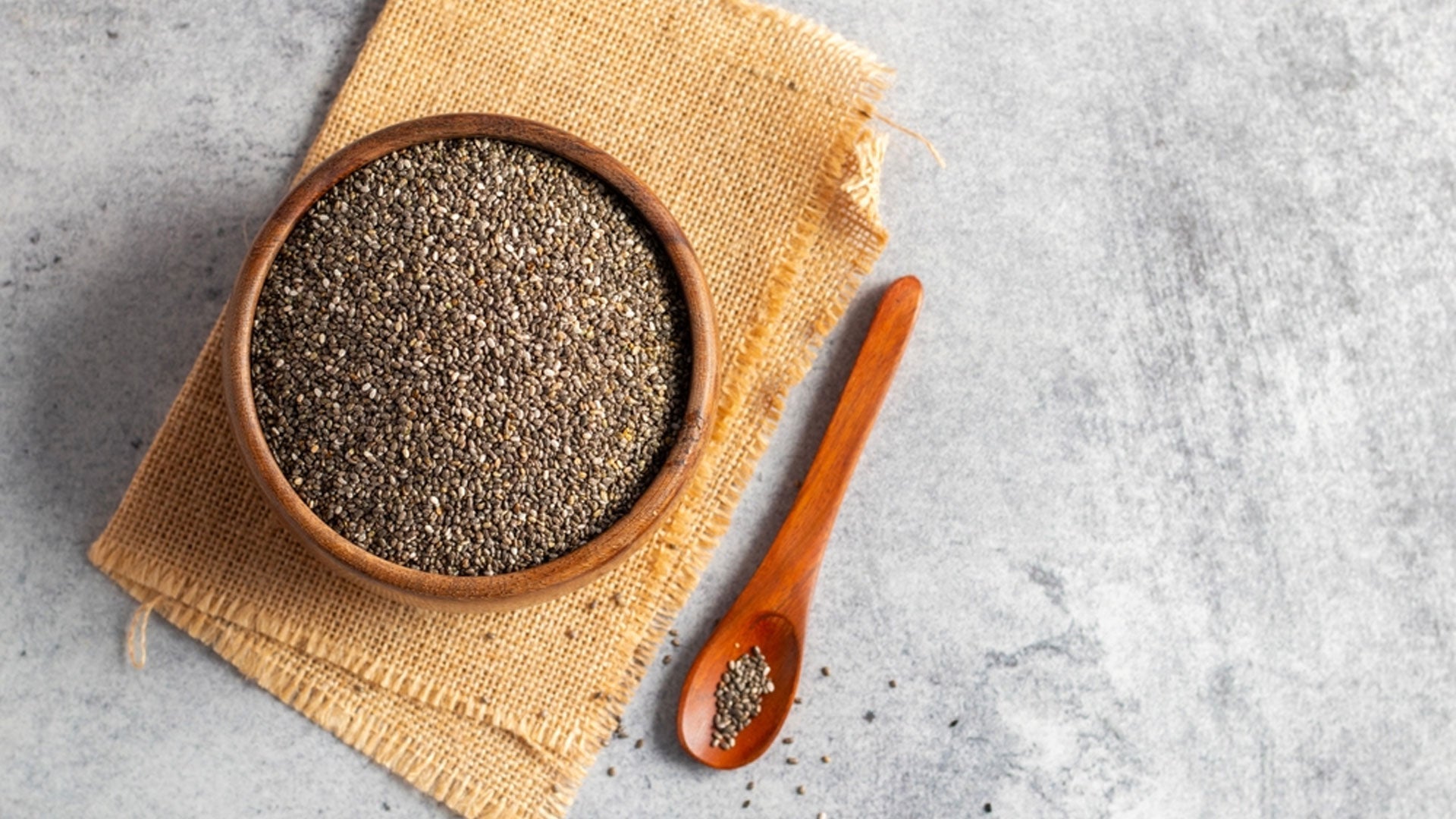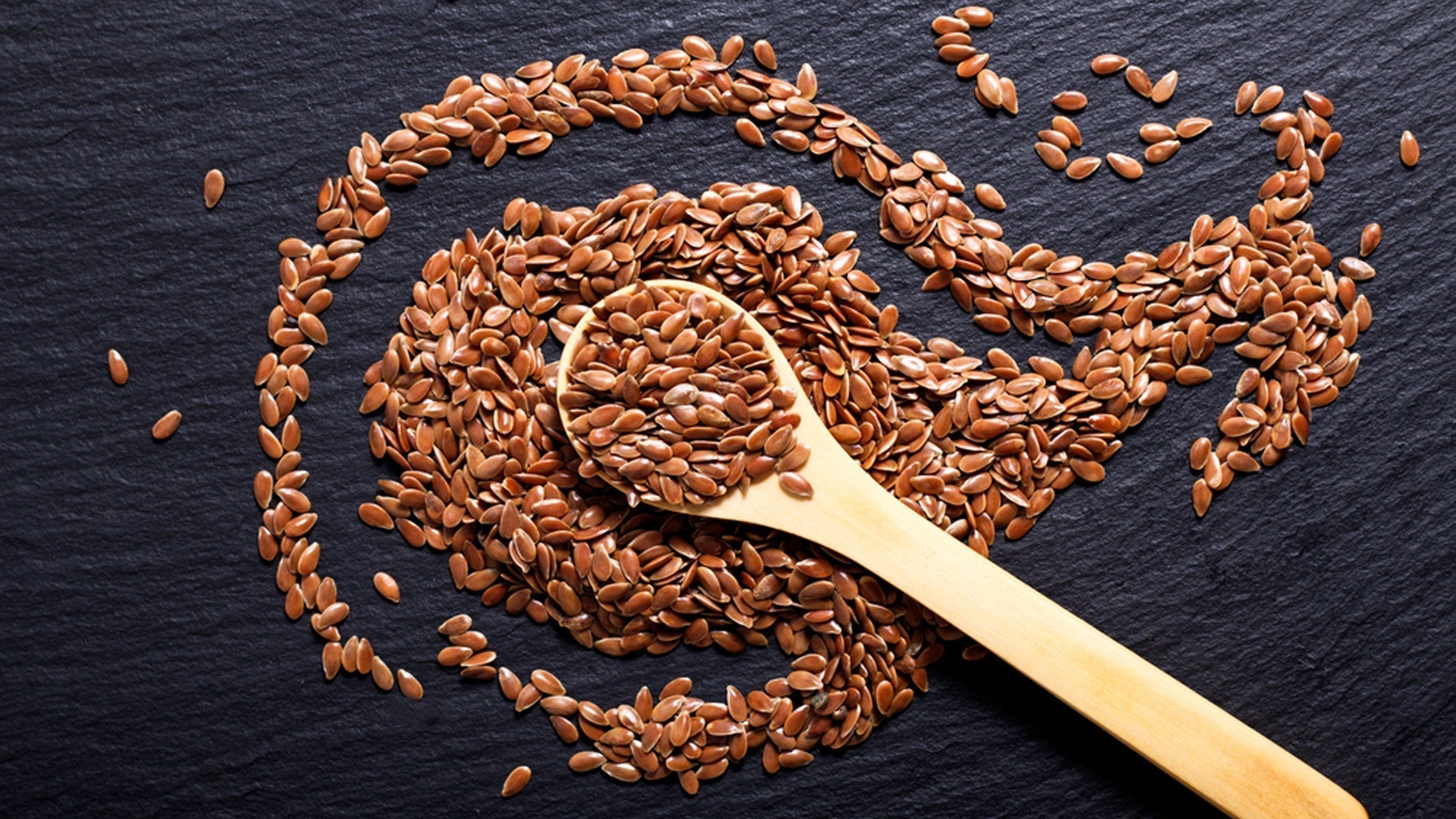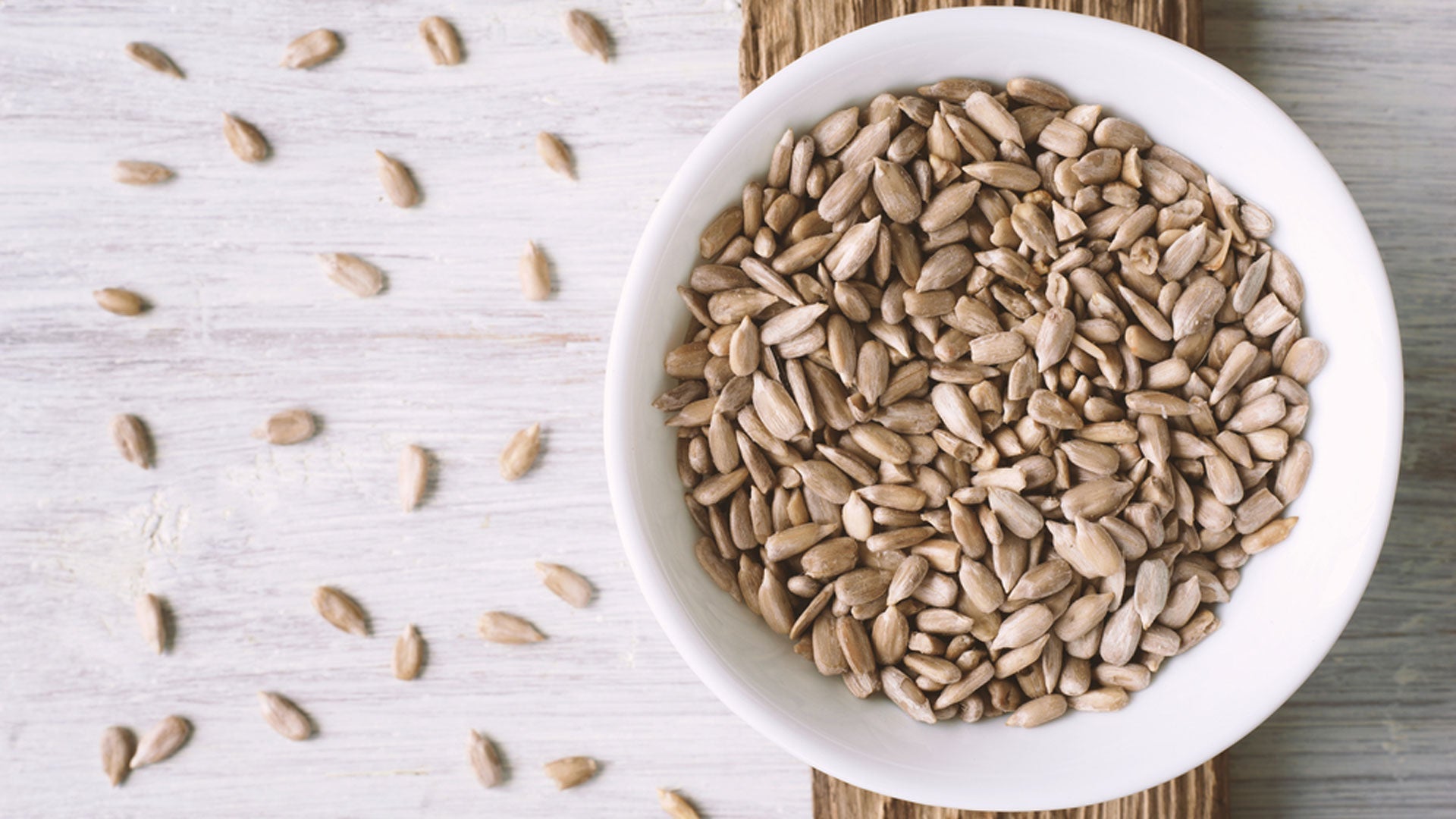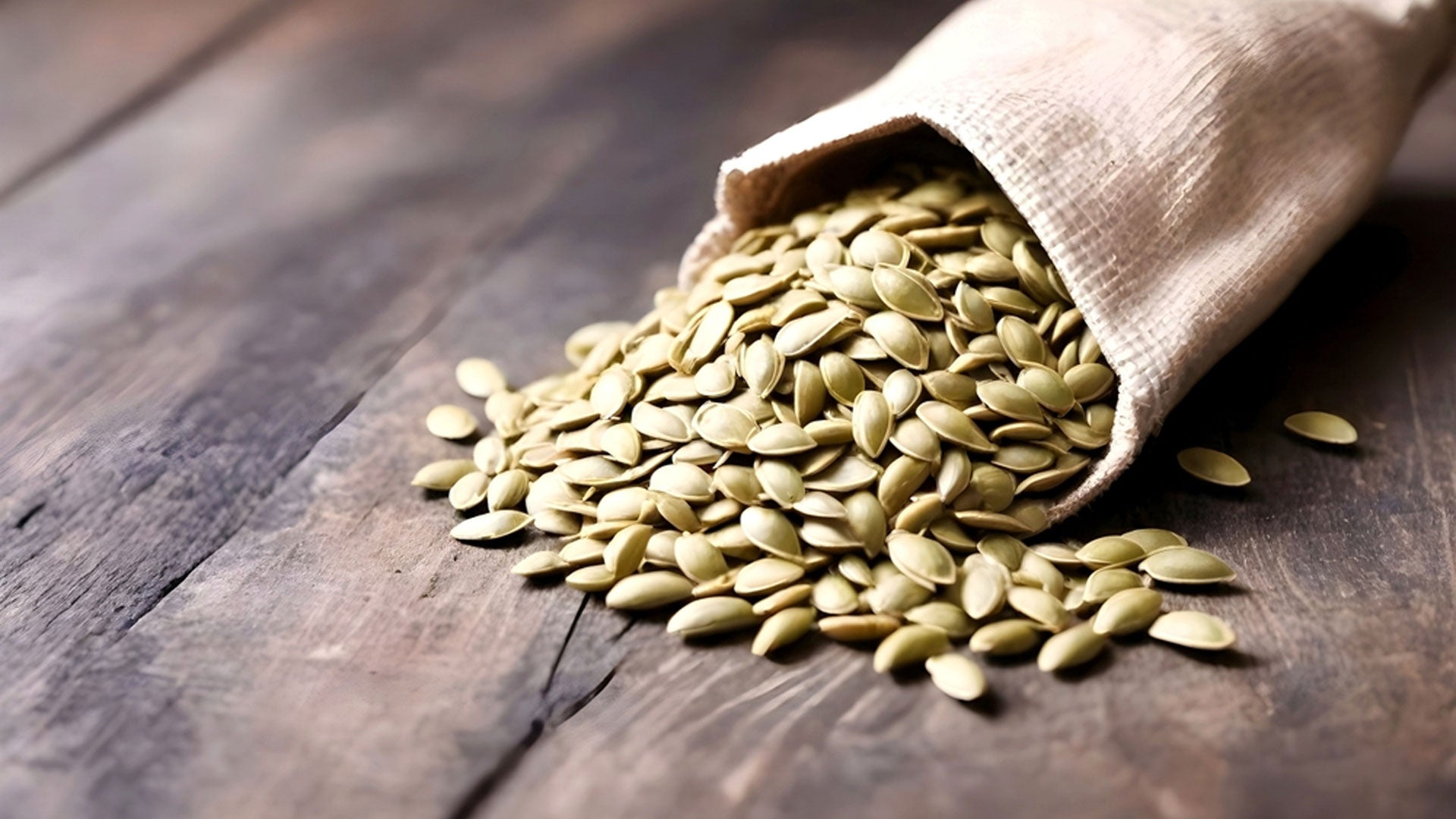Imagine a tiny seed, often overlooked, yet holding the potential to significantly impact your body's ability to regulate blood sugar. This isn't a futuristic pharmaceutical; it's Tukh Malanga, also known as basil seeds or sabja seeds. For those seeking natural approaches to manage blood glucose levels, these unassuming seeds might just be the sweet balance nature intended.
Forget complicated diets or restrictive eating plans for a moment. Let's explore the fascinating world of Tukh Malanga benefits and how eating Tukh Malanga could be a simple yet effective addition to your wellness strategy, particularly for natural blood sugar management.
Unveiling the Potential: What is Tukh Malanga?
Tukh Malanga, resembling tiny black sesame seeds, come from the sweet basil plant (Ocimum basilicum). Unlike basil leaves used in cooking, these seeds possess unique properties, most notably their ability to swell and form a gel-like substance when soaked in water. This characteristic is key to many of their health advantages, including their potential role in blood sugar control with Tukh Malanga.
The Gel Power: How Tukh Malanga Impacts Blood Sugar
The magic behind Tukh Malanga's influence on blood sugar lies primarily in its high soluble fiber content. When you consume soaked Tukh Malanga, this fiber forms a gel in your digestive tract, leading to several beneficial effects:
-
Slowed Sugar Absorption: The gel creates a physical barrier, slowing down the rate at which carbohydrates and sugars are absorbed into the bloodstream. This can help prevent those rapid spikes in blood glucose levels after meals, which are a concern for individuals looking for natural remedies for blood sugar.
-
Improved Insulin Sensitivity: Some studies suggest that the fiber in foods like Tukh Malanga may contribute to improved insulin sensitivity over time. Insulin is the hormone that helps glucose move from your blood into your cells for energy. When your body is more sensitive to insulin, it can regulate blood sugar more effectively.
-
Increased Satiety and Weight Management: The bulk and gel-forming properties of Tukh Malanga can promote a feeling of fullness, potentially leading to reduced overall calorie intake and aiding in weight management. Maintaining a healthy weight is a crucial aspect of blood sugar control.
Therefore, incorporating eating Tukh Malanga can be a natural ally in maintaining stable blood glucose levels.
Decoding the Nutritional Value of Tukh Malanga: Small Seeds, Significant Contribution
While their impact on blood sugar is notable, the nutritional value of Tukh Malanga extends beyond just fiber:
-
High in Fiber: As mentioned, the abundant fiber content is a key player in their blood sugar management benefits.
-
Rich in Antioxidants: Tukh Malanga seeds contain various antioxidant compounds that help protect your body against cellular damage.
-
Source of Minerals: They provide small amounts of essential minerals like calcium, magnesium, and iron.
-
Healthy Fats: Tukh Malanga contains some healthy polyunsaturated fats.
The overall Tukh Malanga nutrition profile contributes to various aspects of health, making them a valuable addition to a balanced diet.
The Multifaceted Benefits of Tukh Malanga Beyond Blood Sugar:
The advantages of Tukh Malanga extend beyond just blood sugar control:
-
Digestive Health: The high fiber content promotes healthy digestion and can help prevent constipation.
-
Cooling Effect: When soaked, Tukh Malanga seeds have a cooling effect on the body, making them a popular ingredient in refreshing summer drinks, particularly in warmer climates.
-
Skin Health: Some traditional uses suggest benefits for skin health due to their antioxidant properties.
-
Hair Health: Certain nutrients in Tukh Malanga may contribute to healthy hair.
These additional Tukh Malanga benefits make them a holistic addition to a healthy lifestyle.
Simple Ways of Eating Tukh Malanga for Blood Sugar and Overall Health:
Integrating Tukh Malanga into your diet is quite easy:
-
Soaked in Water: The most common way is to soak a tablespoon or two of Tukh Malanga in a glass of water for about 20-30 minutes until they swell up. You can then drink this directly.
-
Added to Beverages: Mix soaked Tukh Malanga into lemonade, smoothies, or herbal teas.
-
In Desserts: Add soaked Tukh Malanga to puddings, kheer (rice pudding), or other desserts for added texture and fiber.
-
Sprinkled on Meals: You can sprinkle soaked Tukh Malanga on salads or yogurt.
Experiment with different ways to find how you enjoy eating Tukh Malanga the most.
Important Considerations for Using Tukh Malanga for Diabetes and Blood Sugar:
While Tukh Malanga can be a helpful natural aid, it's crucial to keep the following in mind, especially if you have diabetes:
-
Not a Replacement for Medical Treatment: Tukh Malanga should not be considered a substitute for prescribed medications or medical advice for managing blood sugar. Always consult your doctor or a registered dietitian for personalized guidance.
-
Monitor Blood Sugar Levels: If you are using Tukh Malanga to help manage blood sugar, it's essential to continue monitoring your blood glucose levels regularly as advised by your healthcare provider.
-
Start Slowly: Introduce Tukh Malanga gradually into your diet to avoid any potential digestive discomfort due to the increased fiber intake.
Embrace Nature's Support: The Potential of Tukh Malanga for Blood Sugar Management
The humble Tukh Malanga seed holds significant potential as a natural aid in blood sugar control. Its high soluble fiber content works through various mechanisms to promote more stable glucose levels. By understanding the nutritional value of Tukh Malanga and incorporating eating Tukh Malanga into a balanced diet, you can harness nature's wisdom to support your well-being. Remember to always prioritize professional medical advice when managing blood sugar, but consider exploring the gentle yet powerful support that Tukh Malanga may offer on your journey to health.

